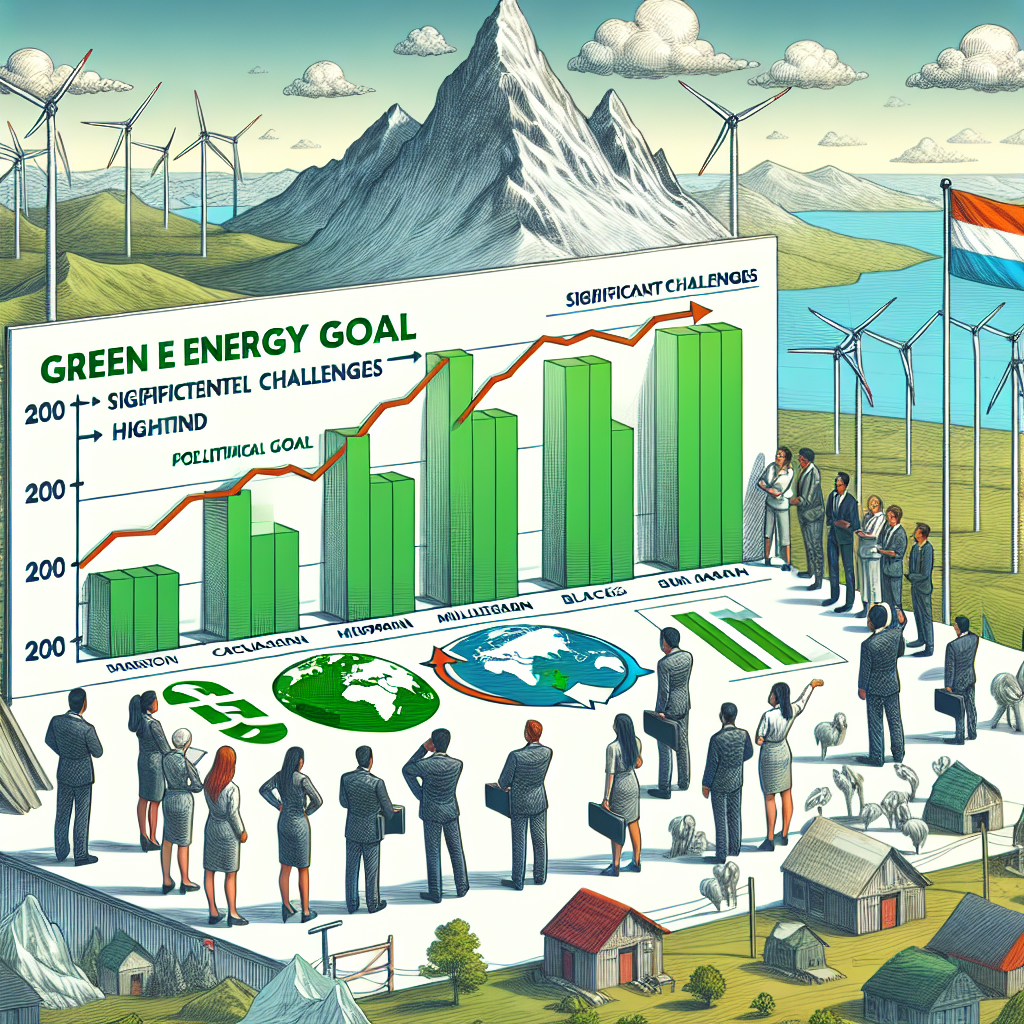Labour’s plan to switch to a clean power system by 2030 faces “significant challenges” to avoid delays and prevent vulnerable households paying higher bills, experts have warned.
The UK Energy Research Centre (UKERC) has cautioned that there is “very little room for error” in meeting the government’s target of creating a 95% low-carbon electricity grid by the end of the decade. This ambitious goal, while commendable, may prove difficult to achieve without proper planning and execution.
The government has promised that the move to cleaner electricity will ultimately result in lower bills for consumers, as the UK’s reliance on volatile global gas prices will be reduced. However, there has been no official cost comparison provided for its 2030 clean power target compared with the previous government’s 2035 deadline. This lack of transparency may lead to disappointment for consumers who were expecting immediate cost savings.
In its annual report, the UKERC highlighted the need for policymakers to address the direct cost impact of changing the generation mix. While reduced exposure to the volatility of the global gas market is a significant benefit of the transition, there are concerns over how this will translate into lower electricity bills for consumers.
The report also raised questions about the feasibility of meeting the 2030 target and the challenges that may arise post-2030, when the entire electricity system will need to expand. The multibillion-pound costs of retiring Britain’s gas pipelines could also fall on consumers, making it crucial for a plan to be in place for funding and retiring the gas network.
The UKERC emphasized the need for a clear strategy to address the funding of the gas network as the country shifts towards clean energy. With gas infrastructure expected to remain a key part of Britain’s energy security beyond 2030, there are concerns over how the network will be funded as consumers transition to clean home heating systems to meet the government’s climate targets.
In the coming years, network costs are expected to be divided among a diminishing number of customers, potentially leading to higher prices. This shift may disproportionately affect vulnerable groups such as renters and low-income households, who may struggle to make the switch to clean energy.
Overall, while the government’s clean power agenda is a step in the right direction, it is crucial for policymakers to address the challenges and potential consequences of this transition. A clear plan for funding and retiring the gas network is desperately needed to ensure a smooth and successful shift towards a cleaner and more sustainable energy system.

